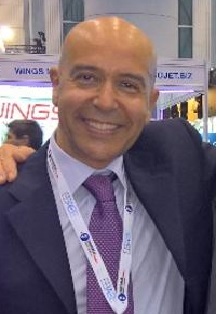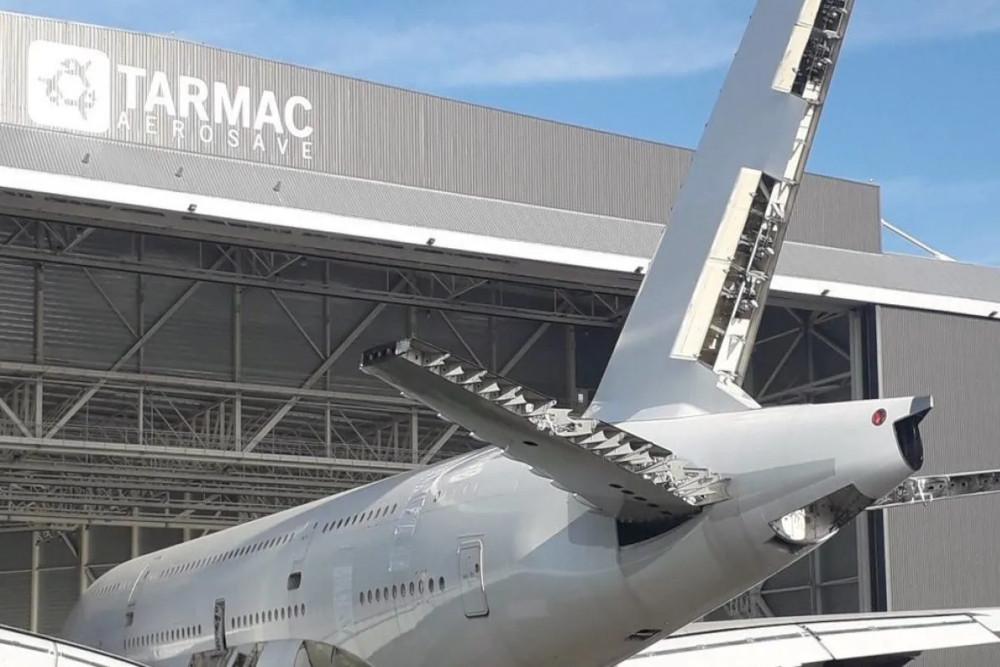Airbus A380 Provides Learning Platform For Composite Recycling
Details
More Products & Services
Products & Services
Aerospace | Aviation Week Network
Aviation Week Network
https://aviationweek.com/themes/custom/particle/dist/app-drupal/assets/awn-logo.svg
Home - Aviation Group Marketing
Aviation Week Network
120 data points on over 156,000 commercial and business aviation aircraft, including military transports. Discover the most trustworthy resource for the complete aircraft history, plus ad hoc reports, month-over-month trend analysis and details on expected deliveries through 2050.
People

Andrea Rossi Prudente
Aviation Week Network

Becca Balmes
Aviation Week Network

Belinda Tan
Aviation Week Network

Brian Everstine
Aviation Week Network
Editor

Eddie Krankowski
Aviation Week Network
Assistant Manager, Tradeshows

erving dockery
Aviation Week Network

Lisa Tan
Aviation Week Network
Senior Marketing Manager

Mark Thomas
Aviation Week Network
Description
The Airbus A380 could be an ideal transition aircraft for part-out companies to improve their carbon fiber recycling capabilities in the years before composite-heavy, newer-generation aircraft come in for teardown.
Tarmac Aerosave, which recently announced a deal to disassemble three A380s, tells Inside MRO it expects this to be the case.
“There is not much carbon fiber on the A330, A320, Boeing 737 or 777—the aluminum classic aircraft,” says Lionel Roques, vice president of sales at Tarmac Aerosave. “But you've got the A380 where there is a significant amount of carbon fiber, so it's a good transition to get volume little by little. [We have started] dealing with that material and finding good channels to recycle it. It's a challenge.”
Part of this challenge, he says, is building up recycling capabilities to a scale that drives efficiencies, as well as exploring new waste management practices.
“For the A380, you're talking about something between 10-15 weeks on the dismantling only," says Roques. "Then we take ownership of the waste of the remaining part of the aircraft, and then we're doing the proper recycling. Those stages can be quite long.
“We're doing as much segregation as we can before destroying the aircraft. So the objective for us is to segregate everything, feed the different channels of recycling properly and to recover as much as we can from the aircraft," he adds.
Rocques says airlines are increasingly interested in ensuring that sustainability is incorporated into aircraft teardowns.
“There is more and more demand from operators to make sure that this is done properly, and that should go through the industry," he says. "We are a member of AFRA [Aircraft Fleet Recycling Association] and we are dual-accredited for dismantling and recycling, so it's one thing to do the part-out correctly. It's another thing to do the full recycling correctly. We do all of it, and we are committed to doing that even better.”
Tarmac Aerosave, which recently announced a deal to disassemble three A380s, tells Inside MRO it expects this to be the case.
“There is not much carbon fiber on the A330, A320, Boeing 737 or 777—the aluminum classic aircraft,” says Lionel Roques, vice president of sales at Tarmac Aerosave. “But you've got the A380 where there is a significant amount of carbon fiber, so it's a good transition to get volume little by little. [We have started] dealing with that material and finding good channels to recycle it. It's a challenge.”
Part of this challenge, he says, is building up recycling capabilities to a scale that drives efficiencies, as well as exploring new waste management practices.
“For the A380, you're talking about something between 10-15 weeks on the dismantling only," says Roques. "Then we take ownership of the waste of the remaining part of the aircraft, and then we're doing the proper recycling. Those stages can be quite long.
“We're doing as much segregation as we can before destroying the aircraft. So the objective for us is to segregate everything, feed the different channels of recycling properly and to recover as much as we can from the aircraft," he adds.
Rocques says airlines are increasingly interested in ensuring that sustainability is incorporated into aircraft teardowns.
“There is more and more demand from operators to make sure that this is done properly, and that should go through the industry," he says. "We are a member of AFRA [Aircraft Fleet Recycling Association] and we are dual-accredited for dismantling and recycling, so it's one thing to do the part-out correctly. It's another thing to do the full recycling correctly. We do all of it, and we are committed to doing that even better.”

Share
Recent Chats
Share via email
Future: handle WhatsApp here
Future: handle LinkedIn here
Future: handle Twitter here
SUBMENU HERE
Share via Chat
Copy Link

